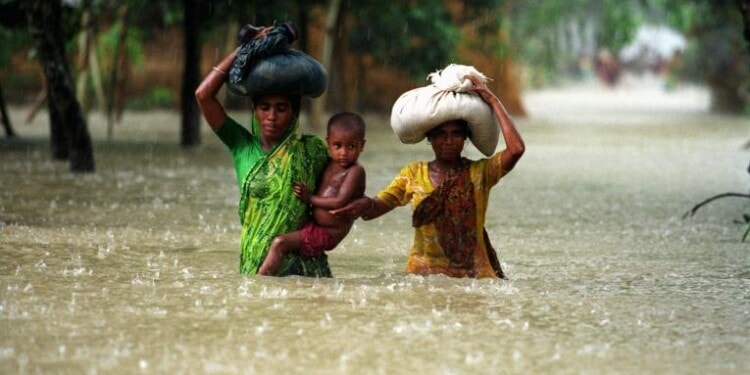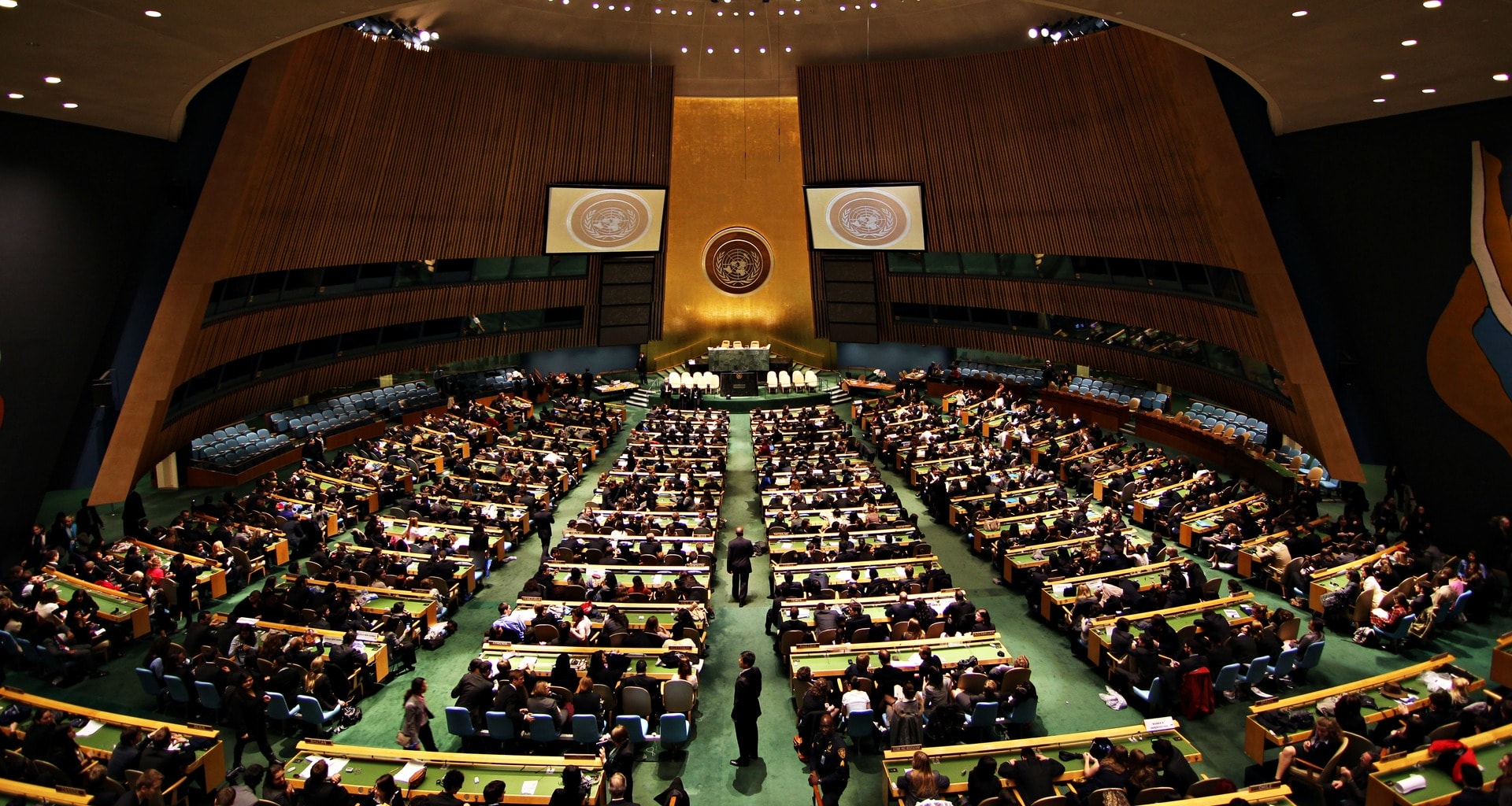The Science Based Targets initiative (SBTi), the global body enabling businesses to set emissions reduction targets in line with climate science, published on Tuesday a Net-Zero Foundations for Financial Institutions paper that provides new concepts for defining and setting net-zero targets for banks, asset owners, asset managers and other financial institutions.
The paper marks a breakthrough: It establishes the first global standard for net-zero targets in the financial sector, which will enable financial institutions to achieve net-zero emissions by 2050.
At COP26, financial institutions with more than US$130 trillion in assets under management committed to reaching a state of net-zero before 2050. However, there is currently a lack of standardisation to evaluate and validate these pledges. This limits the ability of financial institutions to drive the decarbonization of the real economy needed to stabilise temperatures at 1.5°C above pre-industrial levels.
The paper represents the first step in developing a net-zero standard for financial institutions. It provides concepts the sector will need to transform net-zero commitments into clear targets and actions, as it addresses key issues for financial institutions.
Specifically, it provides a standard definition for net-zero, the use of offsets and carbon credits, and lastly, fossil fuel phase-out approaches. The paper will incorporate the latest climate science and methodologies to drive change in the real economy and deliver solutions.
In the introduction, the aim of the paper is spelled out: “There is a pressing need to develop a common understanding of what net-zero means for financial institutions to ensure that the targets are consistent with the action needed to reach net-zero emissions at the planetary level in line with societal climate and sustainability goals.”
The World Wide Fund for Nature (WWF) is a founding partner of the Science Based Targets initiative (SBTi), a coalition established in 2015 which aims to enable companies to set emission reduction targets in line with leading climate science. It is a collaboration between CDP, the United Nations Global Compact, World Resources Institute and WWF.
💰 What does #NetZero mean for the financial sector?
The new @sciencetargets #FINetZeroStandard report lays out the conceptual foundations for financial institutions to set net-zero targets in line with current climate science 🧪
Read it here 👉 https://t.co/EAfiTCJKPQ pic.twitter.com/zXg9liLMsI
— WWF Climate & Business (@WWFclimatebiz) April 12, 2022
The SBTi mobilises companies to set science-based targets and boost their advantage in the transition to a low-carbon economy.
Leading climate scientists at the Intergovernmental Panel on Climate Change have emphasised the importance of limiting warming to 1.5°C in their latest report. Without immediate and deep emissions reductions across all sectors, limiting global warming to 1.5°C is beyond reach.
Currently, over half of the 150 biggest financial institutions globally face no restrictions on financing oil and gas, and two-thirds of the world’s largest banks and asset managers are failing to set concrete climate targets for this decade, according to two separate analyses by NGOs.
Also, 83% of the world’s biggest polluting firms are yet to map a meaningful path to net-zero emissions, a leading investor alliance found. There’s a “systemic underpricing” of climate risk in the financial system, according to the IPCC.
“When it comes to net-zero, there is little understanding of what it means for the finance industry. Our paper provides the clarity that has been desperately needed and will enable us to develop a Net-Zero Standard for Financial Institutions that will help net-zero pledges deliver science-based action”, said by Dr. Luiz Fernando do Amaral, SBTi Chief Executive Officer.
Now that the roadmap to net-zero is set for financial institutions, it remains to be seen how many of them will travel down that road. What this paper does is provide the means for outside observers and investors to objectively verify whether the institutions are in fact going in the right direction. This is a first important step as it establishes the ground rules for a race towards zero-emissions.
Editor’s Note: The opinions expressed here by Impakter.com columnists are their own, not those of Impakter.com. In the Featured Photo: Floods linked to climate change are threatening the lives and futures of more than 19 million children in Bangladesh. Featured Photo Credit: UNICEF.









